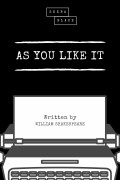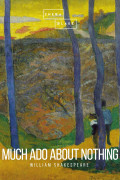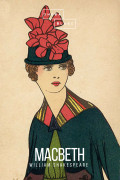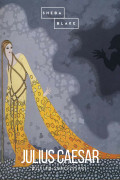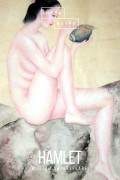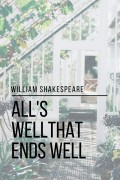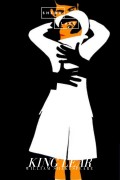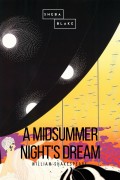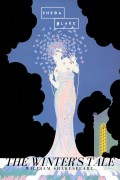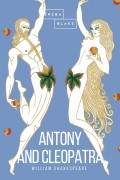William Shakespeare, Sheba Blake: Love's Labour's Lost
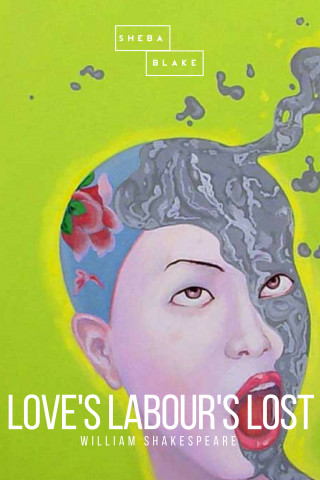
| Produkttyp: | eBook-Download |
|---|---|
| Verlag: | Sheba Blake Publishing |
| Erschienen: | |
| Sprache: | Englisch |
| Seiten: | 77 (Druckfassung) |
| Format: | EPUB
Info▼
|
| Download: | 160 kB |
Love's Labour's Lost is one of William Shakespeare's early comedies, believed to have been written in the mid-1590s for a performance at the Inns of Court before Queen Elizabeth I. It follows the King of Navarre and his three companions as they attempt to forswear the company of women for three years of study and fasting, and their subsequent infatuation with the Princess of France and her ladies. In an untraditional ending for a comedy, the play closes with the death of the Princess's father, and all weddings are delayed for a year. The play draws on themes of masculine love and desire, reckoning and rationalization, and reality versus fantasy. Though first published in quarto in 1598, the play's title page suggests a revision of an earlier version of the play. While there are no obvious sources for the play's plot, the four main characters are loosely based on historical figures. The use of apostrophes in the play's title varies in early editions, though it is most commonly given as Love's Labour's Lost. The historical personages portrayed and the political situation in Europe relating to the setting and action of the play were familiar to Shakespeare's audiences. Scholars suggest that the play lost popularity as these historical and political portrayals of Navarre's court became dated and less accessible to theatergoers of later generations. The play's sophisticated wordplay, pedantic humour and dated literary allusions may also be reasons for its relative obscurity, as compared with Shakespeare's more popular works. Love's Labour's Lost was staged rarely in the 19th century, but it has been seen more often in the 20th and 21st centuries, with productions by both the Royal Shakespeare Company and the National Theatre, among others. It has also been adapted as a musical, an opera, for radio and television and as a musical film.
